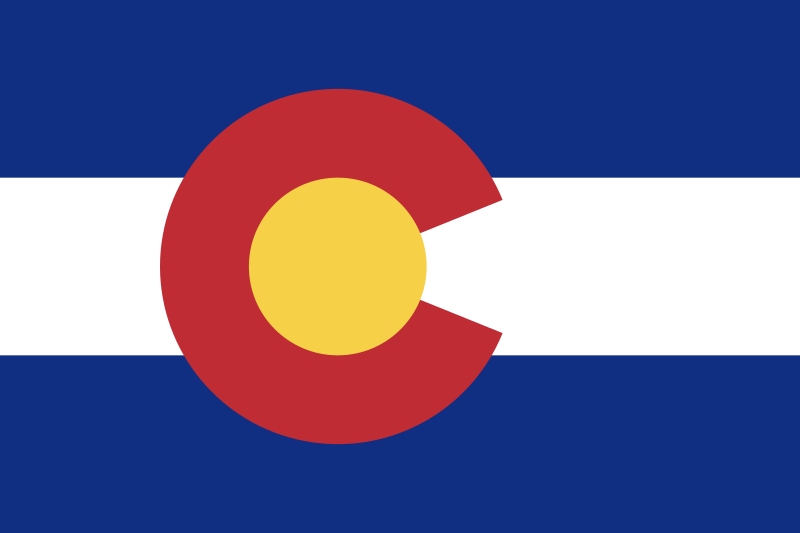On Nov. 1, the Colorado Supreme Court unanimously approved the congressional redistricting plan that the state's Independent Congressional Redistricting Commission approved on Sept. 28. The map will take effect for Colorado's 2022 congressional elections.
The Court's opinion said, "For the first time, the state's congressional district map is not the product of politics or litigation; it is instead the product of public input, transparent deliberation, and compromise among twelve ordinary voters representing the diversity of our state. The Plan surely will not please everyone, but again, the question before us is not whether the Commission adopted a perfect redistricting plan or even the "best" of the proposed alternatives. The question is whether the Plan meets the requirements of article V, section 44.3. Based on our review, we conclude that the Commission did not abuse its discretion in applying the criteria in article V, section 44.3. We therefore approve the Plan and direct the Commission to file the Plan with the Secretary of State by Dec. 15, 2021."
Eleven of the twelve commissioners approved the Congressional plan. Four unaffiliated members, four Republican members, and three of the four Democratic members voted in favor. The maps required approval from at least eight members, including two unaffiliated members.
According to the Commission's final report, "The populations of the districts in the Final Plan are as mathematically equal as possible, with a difference among districts of only one person." The Commission's final report also said it believed the plan complies with the federal Voting Rights Act, kept key communities of interest as intact as reasonably possible, preserved existing political subdivisions, was compact, "maximized the number of politically competitive districts to the extent possible," and "was not drawn for the purpose of protecting any incumbent members of the House of Representatives, any declared candidates, or any political parties."
The Denver Post's Alex Burness said that the approved map "gives comfortable advantages to each of Colorado's seven incumbent members of Congress — Democrats Joe Neguse, Jason Crow, Diana DeGette and Ed Perlmutter and Republicans Ken Buck, Lauren Boebert and Doug Lamborn." On the state's new eighth district, Burness wrote, "Recent election results suggest the new 8th Congressional District will be a close race in 2022."
When the Commission approved the new congressional maps, Colorado Republican Party Chairwoman Kristi Burton Brown said, "We want to thank all twelve members of the Independent Congressional Redistricting Commission for their hard work and many sacrifices over the past few months. We are pleased that the process approved by Colorado voters was successful and that the commission was able to overwhelmingly agree on a competitive map. Colorado Republicans look forward to fighting for every vote in all 64 counties in 2022."
Jennifer Parenti, Northern Colorado organizer for Colorado Common Cause, said, "Communities of color make up about 30% of the state's population overall. But unfortunately, this proposed congressional map does not reflect that diversity. It, rather, splits our communities of color across multiple districts, while seemingly prioritizing municipal boundaries and protecting incumbents."
Colorado was the seventh state to enact a congressional map after the 2020 census, making Congressional redistricting complete for 74 of the 435 seats (17.0%) in the U.S. House of Representatives.
Additional reading:


